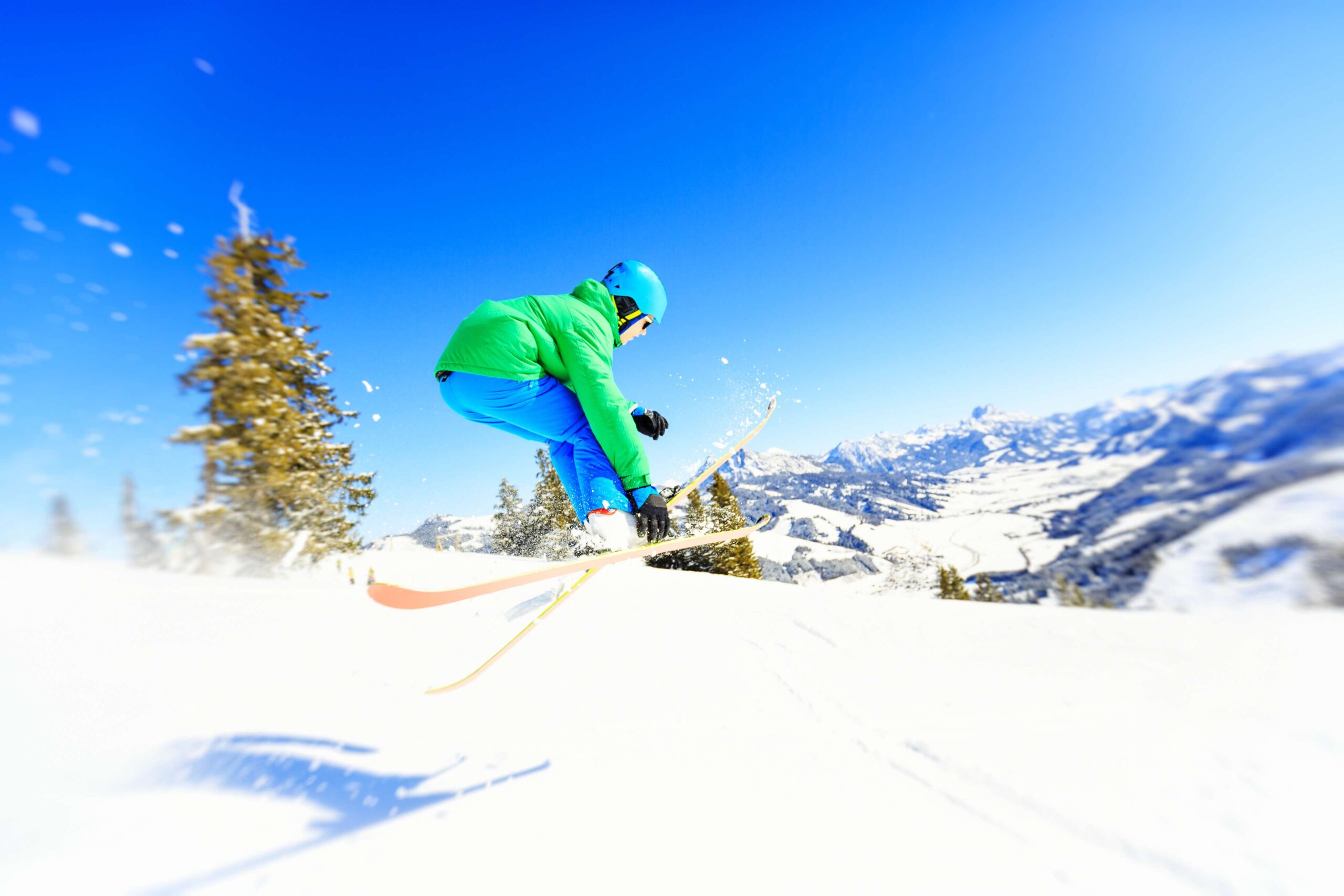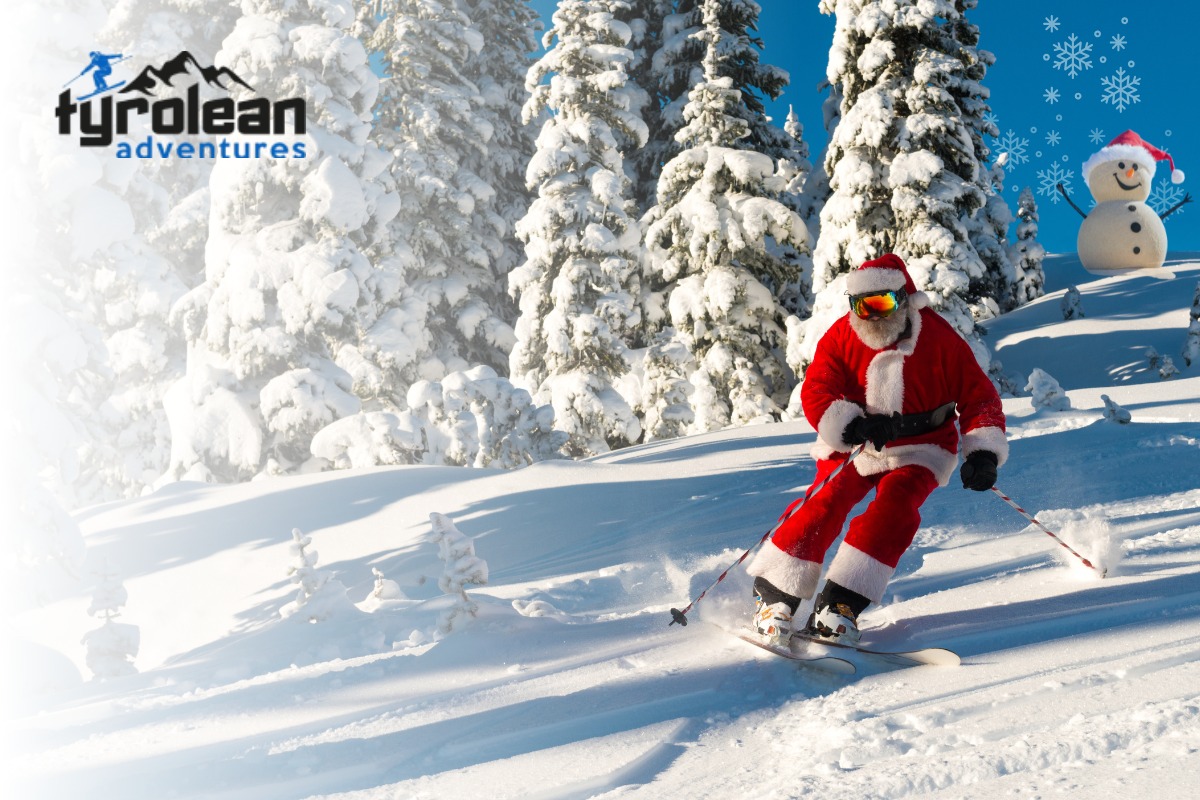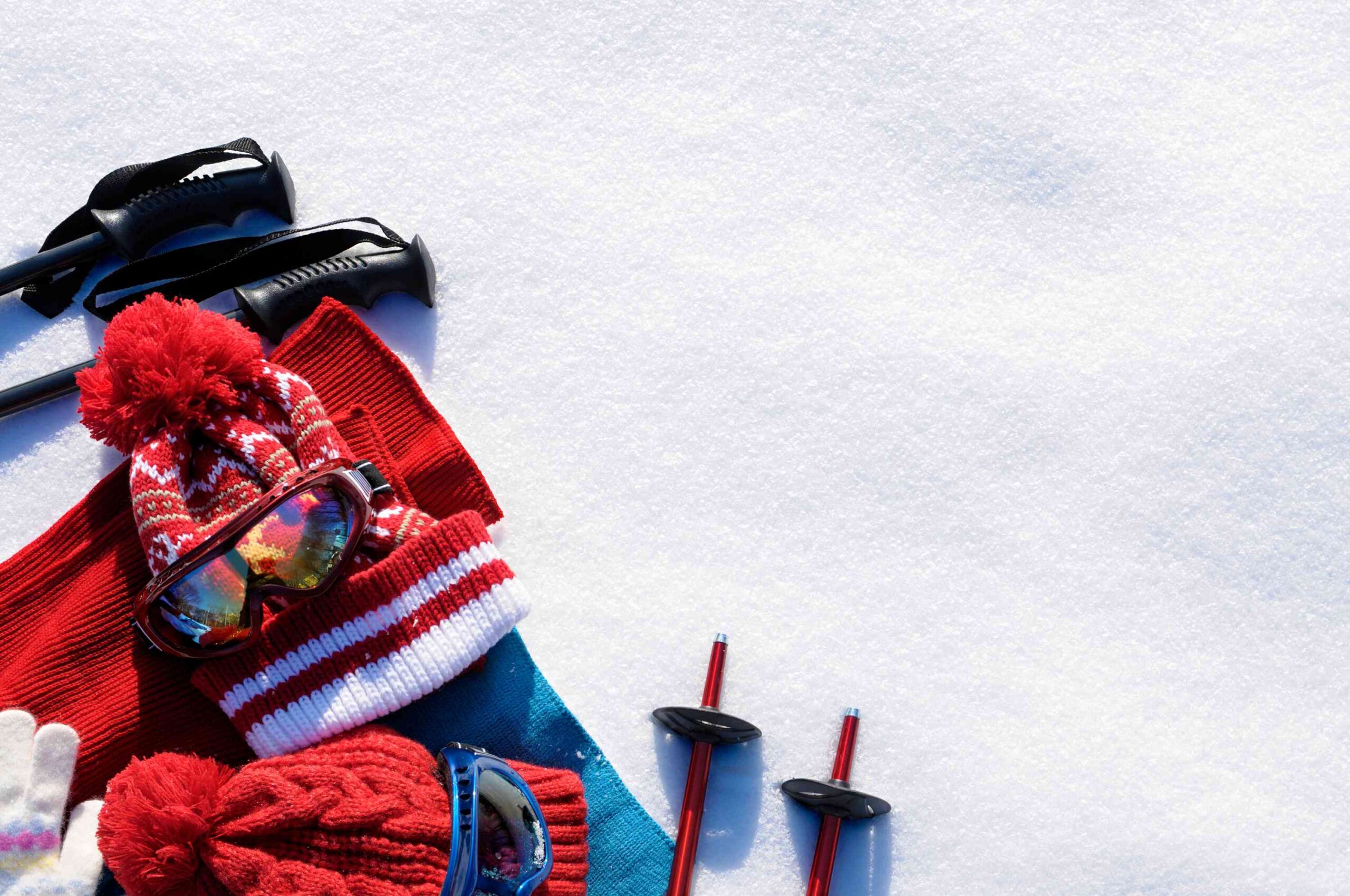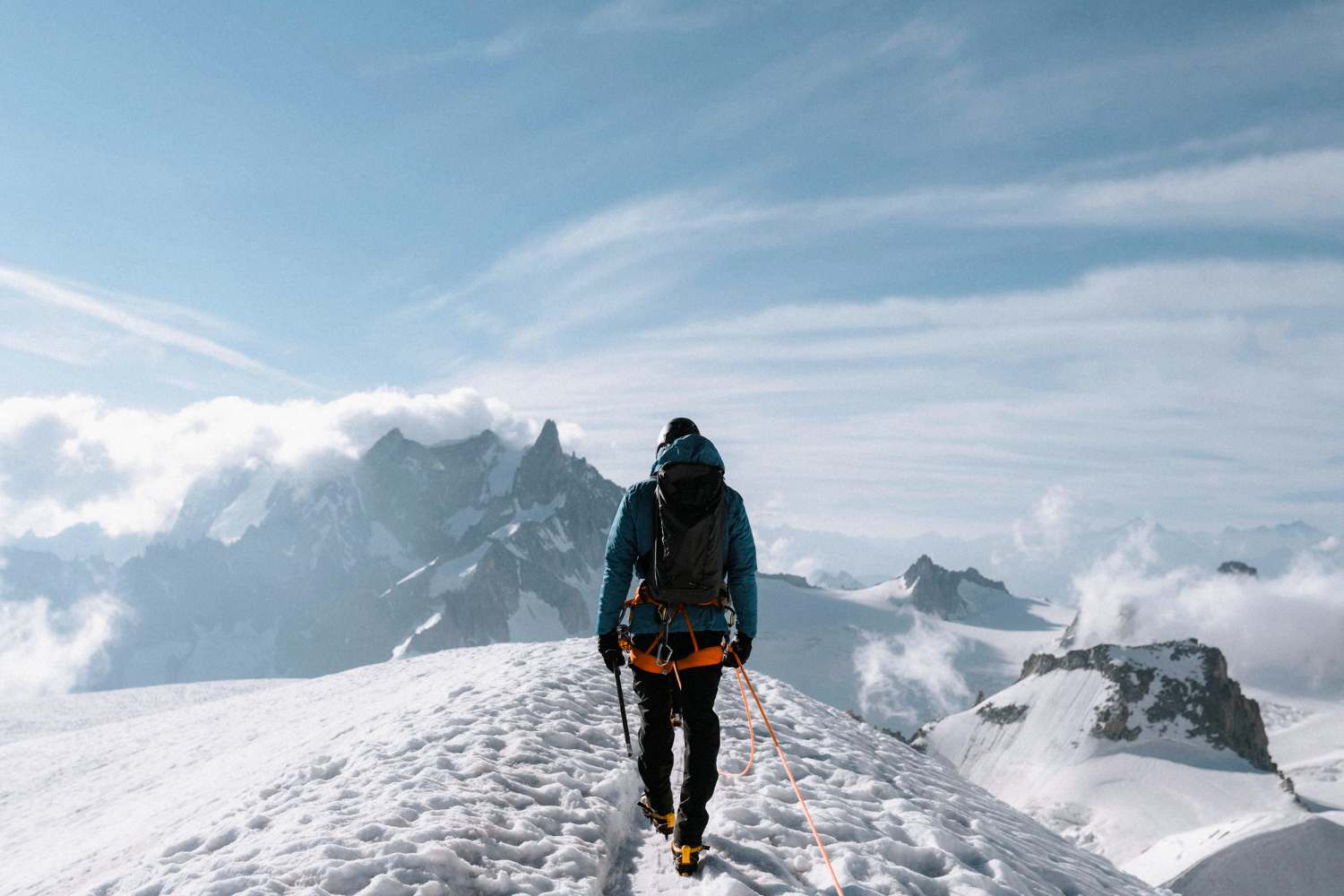
Everest Base Camp (EBC) is a dream destination for adventurers, but is a solo Everest Base Camp trek possible? The short answer is yes, but it requires thorough planning, physical endurance, and awareness of potential risks. A self-guided Everest Base Camp trek offers freedom and flexibility, but it also comes with challenges such as navigation, altitude sickness, and logistical concerns.
At Tyrolean Adventures, we have guided numerous trekkers, both solo and in groups, along this legendary trail. This guide provides everything you need to know about trekking Everest Base Camp solo, including essential permits, safety tips, and the pros and cons of an independent EBC trek.
Is It Possible to Do the Everest Base Camp Trek Solo?
Yes, but careful preparation is key. While some experienced hikers choose a self-guided Everest Base Camp trek, it requires:
- A Sagarmatha National Park Permit
- A Khumbu Pasang Lhamu Rural Municipality Permit
- A well-planned itinerary and reliable navigation tools
- Proper trekking gear for harsh weather conditions
Although independent EBC treks offer a sense of adventure, hiring a guide or porter can enhance comfort and safety. A Nepal trekking guide can assist with navigation, altitude sickness management, and cultural insights, while a porter can help carry heavy gear, making your trek more enjoyable.
Pros and Cons of Doing Everest Base Camp Trek Solo
Pros of Solo EBC Trek:
- Greater Flexibility & Freedom – Set your own pace, choose rest days, and explore side trails.
- Budget-Friendly Option – A self-guided Everest Base Camp trek saves money as there are no guide or porter fees.
- Personal Growth & Achievement – Experience self-reliance and a deep connection with nature.
Cons of Solo EBC Trek:
- Navigation & Route Challenges – While trails are marked, unexpected weather and alternative routes can cause confusion.
- Altitude Sickness & Safety Risks – Identifying and managing altitude sickness can be difficult without expert guidance.
- Logistical Hassles – Securing permits and accommodation, especially during peak seasons, can be challenging.
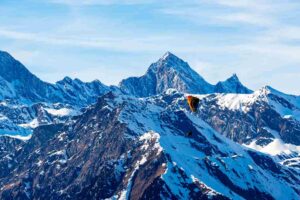
Essential Permits & Updated Regulations for Solo Trekkers
Since April 1, 2023, Nepal has imposed a trekking ban for solo travelers in certain regions. However, solo trekking in the Everest Base Camp trek remains permitted. Here are the permits you’ll need:
Trekking Permits for Solo EBC Trekkers:
- Sagarmatha National Park Entry Permit – Obtainable in Monjo or Kathmandu.
- Khumbu Pasang Lhamu Rural Municipality Permit – Issued in Lukla upon arrival.
- TIMS Card Not Required – No longer necessary for the Everest region.
Best Time to Trek Everest Base Camp Alone
Choosing the right trekking season is crucial for a successful independent EBC trek.
Best Seasons for Solo Trekking:
- Spring (March–May) – Stable weather, moderate temperatures, and blooming rhododendrons.
- Autumn (September–November) – Clear skies, pleasant temperatures, and ideal trekking conditions.
Seasons to Avoid:
- Winter (December–February) – Harsh cold, heavy snowfall, and fewer open lodges.
- Monsoon (June–August) – Slippery trails, landslides, and poor visibility due to heavy rain.
For peak trekking seasons, Tyrolean Adventures can help reserve the best accommodations in advance.
Explore More: When is the Best Time to Do the Everest Base Camp Trek?
Must-Know Safety Tips for Solo Trekkers
Recognizing Altitude Sickness Symptoms
Preventing acute mountain sickness (AMS) is essential. Watch for:
- Headaches
- Nausea and dizziness
- Shortness of breath
If symptoms worsen, descend immediately.
Emergency Contacts & Evacuation Plans
- Carry emergency contacts, including your country’s embassy and local rescue agencies.
- Ensure your travel insurance covers high-altitude helicopter evacuations.
For added security, Tyrolean Adventures offers guided treks with emergency support systems.
Gear Checklist for Independent EBC Trekkers
Packing the right trekking gear is crucial for a solo Everest Base Camp trek.
Essential Gear:
- Clothing: Layered outfits, down jacket, waterproof shell, gloves, thermal wear.
- Footwear: Sturdy, waterproof trekking boots with warm socks.
- Trekking Poles: Reduce knee strain and improve balance.
- Navigation Tools: Maps, compass, GPS device, or offline trekking apps.
Accessories:
- Power Banks & Extra Batteries – Essential for charging devices.
- Maps & Guidebooks – Backup for digital navigation tools.
- Emergency Supplies – First-aid kit, headlamp, whistle, and personal medications.
If you prefer not to buy expensive gear, Tyrolean Adventures offers high-quality rental equipment in Kathmandu.
Alternatives to Solo Trekking
If trekking alone feels overwhelming, consider these alternatives:
- Hiring a Local Guide – Improves safety and navigation.
- Hiring a Porter – Reduces physical strain by carrying heavy equipment.
- Joining a Group Trek – Share costs, enjoy camaraderie, and receive expert guidance.
At Tyrolean Adventures, we specialize in small, personalized trekking groups, ensuring a well-organized, stress-free experience.
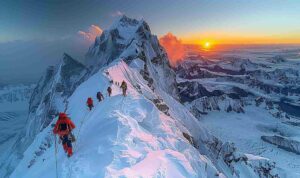
Conclusion: Should You Do a Solo Everest Base Camp Trek?
Trekking Everest Base Camp solo is an exhilarating adventure, but it comes with risks. While self-guided Everest Base Camp treks offer independence, challenges like altitude sickness and navigation issues make hiring a guide a safer choice.
Whether you trek independently or prefer expert guidance, Tyrolean Adventures ensures a well-organized and unforgettable journey. Contact us today to plan your adventure!
Also Read:
Everest Base Camp trek
FAQs About Solo Everest Base Camp Trekking
1. Do I need a guide for the Everest Base Camp trek?
No, but it is highly recommended for safety and convenience. Guides assist with navigation, altitude sickness, and logistics.
2. Is solo trekking banned in Nepal?
As of 2023, solo trekking is restricted in certain regions, but Everest Base Camp remains open to independent trekkers. Always check for updated regulations before your trek.
3. How long does it take to complete the EBC trek alone?
Typically, 12–14 days, but solo trekkers should plan extra acclimatization days to prevent altitude sickness.
4. What’s the biggest challenge of trekking to EBC alone?
Navigation, altitude sickness, and managing permits and accommodations are the main challenges.


